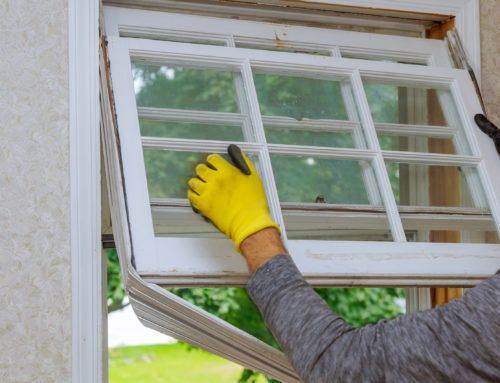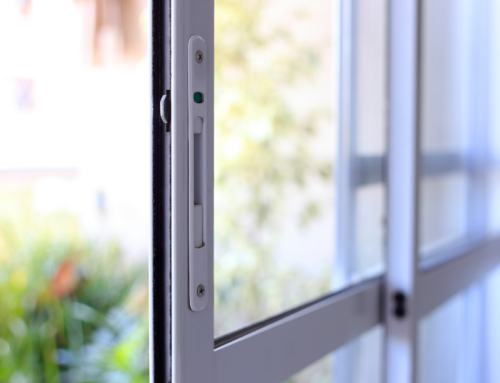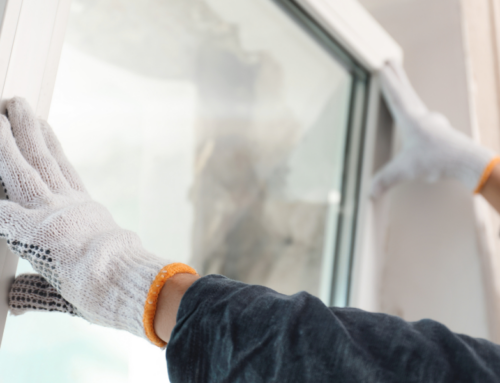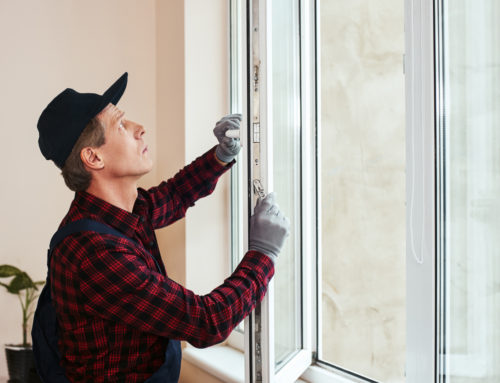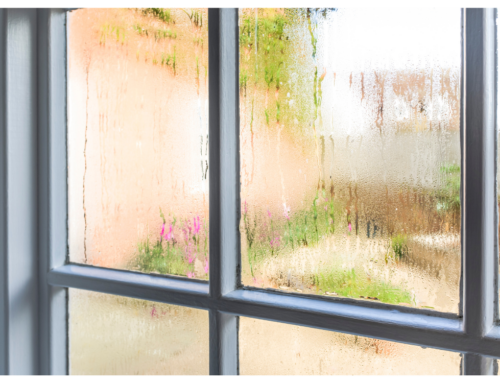Replacing your windows is a worthwhile investment in your home. Windows can be the biggest energy drain in a house, especially if they are old. New windows provide better insulation and improve the appearance of both the interior and exterior of your home.
If you’re considering this home improvement project, you may be wondering what is the best time of year to replace windows? The answer is that it depends on a number of factors. Each season has its pros and cons when it comes to getting your windows replaced. Consider the following to help you determine when to schedule your window installation.
Spring
Spring might be the best time of year to replace windows. Mild temperatures means you won’t be too hot or too cold while your windows are out. You also won’t lose energy during the process because you won’t have heat or air conditioning running during the process. And if you aim for early spring, there may be fewer bugs to contend with.
However, there are some disadvantages to replacing your windows in the spring. Pop-up rain storms or drizzle for days on end can mean your project keeps getting postponed. Spring is a high pollen season, so if anyone in your household has allergies, this may not be an opportune time to open your home up to the outside air. And because spring is a popular season for window installation, you might have a hard time booking a time as scheduling won’t be very flexible.
Fall
Like spring, the biggest advantage of fall for window replacement is mild temperatures. Fall can sometimes be drier than spring for even better weather conditions. If you wait until late fall when it starts to get cold overnight, the bugs might already be gone for the season. You may also find that it is easier to book your project since fall is not as popular as spring for window replacement projects.
But fall also has some downsides. Although it may not be as likely to rain in the fall, if it does it can sometimes last a few days. A long fall rainy season can delay your window project for days and even weeks. If your yard has a lot of trees, the fall season could mean leaves and other debris can blow in your windows during the installation. And fall allergies can be as bad as spring allergies for some.
Summer
One advantage of window installation during the summer is that if it rains, it is typically in the late afternoon. Most window projects can be completed in the earlier part of the day when the weather is cooler and drier.
The disadvantages of a summer window installation are the heat, humidity, and bugs. And the occasional popup thunderstorm could come unexpectedly and not only cause an inconvenience, but also render working conditions unsafe for the installers.
Winter
Although it may be cold, windows can still be replaced in the winter. Of course weather is a major factor, as you wouldn’t want to have windows installed in freezing temperatures or during a snowstorm. But you won’t have to contend with bugs or pollen during the winter. And you’ll find much more flexible booking with window installers during the winter since it would typically be their down season.
The biggest concerns with having windows replaced in the winter are the cold getting into your home and heat escaping, as well as how the window materials will react to extreme cold.
Book Your Window Replacement Now With Zen Windows
Don’t wait for the perfect time. The best time of year to replace windows is when you need them. If your windows are old or drafty, you could be losing energy on heating and cooling. The sooner you upgrade your windows the more money you will save. Zen Windows can get your project on the books today.
Call (763) 286-6871 today or request a 5 minute online quote. We look forward to helping you add value to your home with new quality windows.



